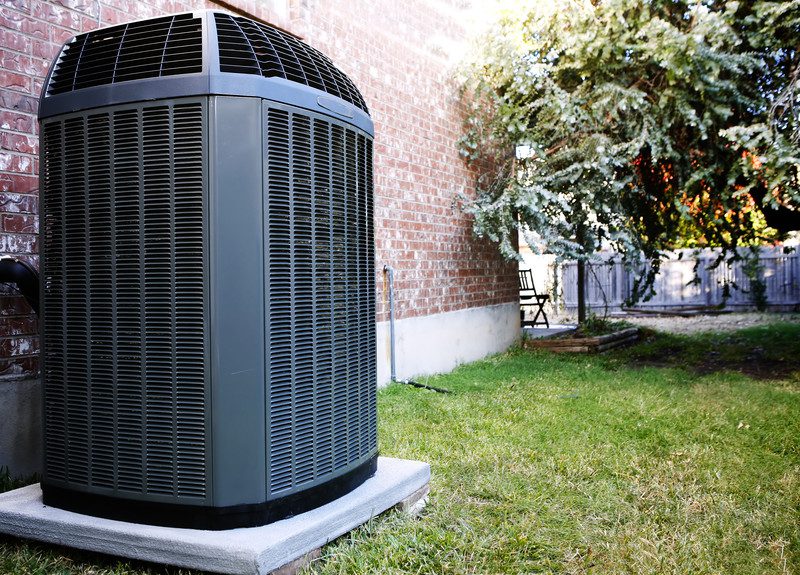Learn Why an AC Coil Freezes Up So You Can Take Action to Avoid It

Luckily, central air conditioners are pretty reliable. Some basic homeowner maintenance and a yearly preventative maintenance tune-up and you should be good to go. However, for whatever reason, central ACs and heat pumps occasionally do run into problems, and one of the most common is frozen coils. An air conditioner with frozen coils can’t cool your home properly and may not operate at all. If this is a repeat problem, it can damage your central air conditioning system.
Why Does an AC freeze up?
A frozen AC coil can result for any of several reasons, including:
• Not enough airflow across the evaporator coil. In a split-system central AC, the most common variety in residential use in America today, the evaporator coil, located in the indoor unit, pulls heat energy from the air as air pressure is relaxed on the refrigerant in the coil. With pressure eased, the refrigerant changes into a gas and cools down. If insufficient air is moving across the coil, the refrigerant can’t absorb sufficient heat from the air. Its temperature will keep dropping and the coil may ice over if it gets cold enough. This could happen as a result of a clogged air filter that’s impeding airflow, a dirty evaporator coil that’s compromising the heat-exchange process, or a defective blower motor/fan.
• The refrigerant level is low. If your central AC or heat pump has insufficient refrigerant, either because it has a leak or not enough was added in the first place, this could result in an AC freeze-up. When the lower amount of refrigerant is allowed to expand the same amount, that accelerates its cooling. The result is likely to be the freezing of airborne moisture as it comes in contact with the coil. Any issues that involves the refrigerant in your cooling system should be addressed by a trusted HVAC professional.
• An air conditioner that’s being overworked. When the outside weather is exceptionally hot for an extended period, this can place a difficult burden on any central AC system. If excessive demands are placed on the system during very hot days – say, setting the thermostat to 65 – this is asking too much of your air conditioner. Among the potential adverse effects of overworking an AC, this may reduce pressure in the cooling system, causing an AC freeze-up. You can avoid this by not making demands on your AC that it can’t satisfy.
• Mechanical problems. A variety of mechanical issues can result in the evaporator coil freezing. Among them are a kinked refrigerant line, a broken or malfunctioning blower fan and a clogged filter dryer. Any of these issues can change pressure in the system and cause a frozen coil. Your air conditioning service technician in Cincinnati should be able to diagnose the problem and address it in a reasonable period of time.
Other Possible Causes of an AC Freeze-Up
A blocked condensate drain can result in backed-up water in the system, which may be vulnerable to freezing. A malfunctioning thermostat is another potential cause, if a faulty temperature setting is resulting in an overworked AC.
